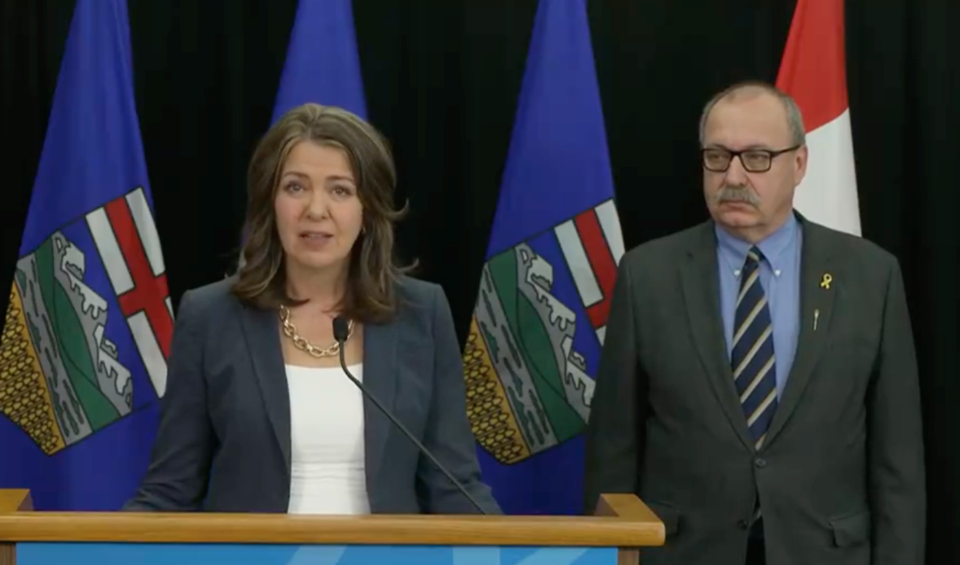The Government of Alberta announced a series of sweeping changes Thursday to legislation regulating municipal government and elections, formally introducing political parties at the local level and giving the province more power to overrule bylaws and remove elected councillors.
Bill 20, The Municipal Affairs Statutes Amendment Act, was introduced in the Alberta Legislature on April 25, and includes more than two dozen amendments to the Local Authorities Election Act (LAEA) and the Municipal Government Act (MGA).
The changes are meant to improve accountability and trust in elections, Minister of Municipal Affairs Ric McIver said at a press event.
"Albertans expect fair and free elections. And through this legislation, we are ensuring the local elected officials and councils are accountable to the Albertans who elect them and make decisions that are clearly in Alberta's interest and reflects the transparency and fairness that the citizens of Alberta deserve," McIver said.
Key changes to the LAEA include allowing local political parties to appear on the ballot, prohibiting vote counting machines, requiring municipalities to create a permanent electors registry, limiting the use of vouching to the ability to vouch for a person's address only, and allowing unions and corporations to make contributions to candidates, with the same donation limit as personal contributions.
The regulation allowing local political parties will first be piloted in municipal elections in Edmonton and Calgary next year. Under the new rules, local political parties can't have a direct connection with existing provincial or federal political parties. For example, there can be no municipal UCP or NDP, and no sharing of resources between local and provincial or federal parties.
Polls of municipal leaders and Albertans have shown that upwards of 70 per cent of people in the province are against having local political parties, though McIver has maintained these affiliations already exist and the amendments only regulate the practice. McIver said that while the idea hasn't been popular, the fact that it is only being piloted in the two largest cities, rather than being introduced in all Alberta municipalities, shows the government "listened pretty hard" to Albertans concerns.
The prohibition of vote tallying machine is not related to the actual integrity of the technology, but the belief among some Albertans that they are unreliable or susceptible to tampering, McIver said.
"The most important point is the morning after an election, when hopefully the smoke is all cleared and all votes have been counted and the winners have been announced, that members of the public believe that those that were called the winners, were the winners legitimately," he said.
Amendments also allow elections to be postponed due to emergencies, such as wildfires or other natural disasters.
Through changes to the MGA, the province will be able to remove elected councillors if it is seen to be "in the public interest." McIver said this wording was specifically kept vague because the number of possible examples were innumerable. If a councillor is removed, they can contest this decision through the courts.
The MGA amendments also give the provincial government authority to require a municipality to repeal or amend a bylaw, and to direct a municipality to take specific action to protect public health or safety.
McIver said the province already has the authority to override local decisions with regards to land use bylaws and statutory planning, and these changes extend that power to all bylaws. Though the government has the power to intervene, "nobody has an itchy trigger finger" to use that power, McIver said.
These changes will come into force immediately upon the bill receiving Royal Assent.



